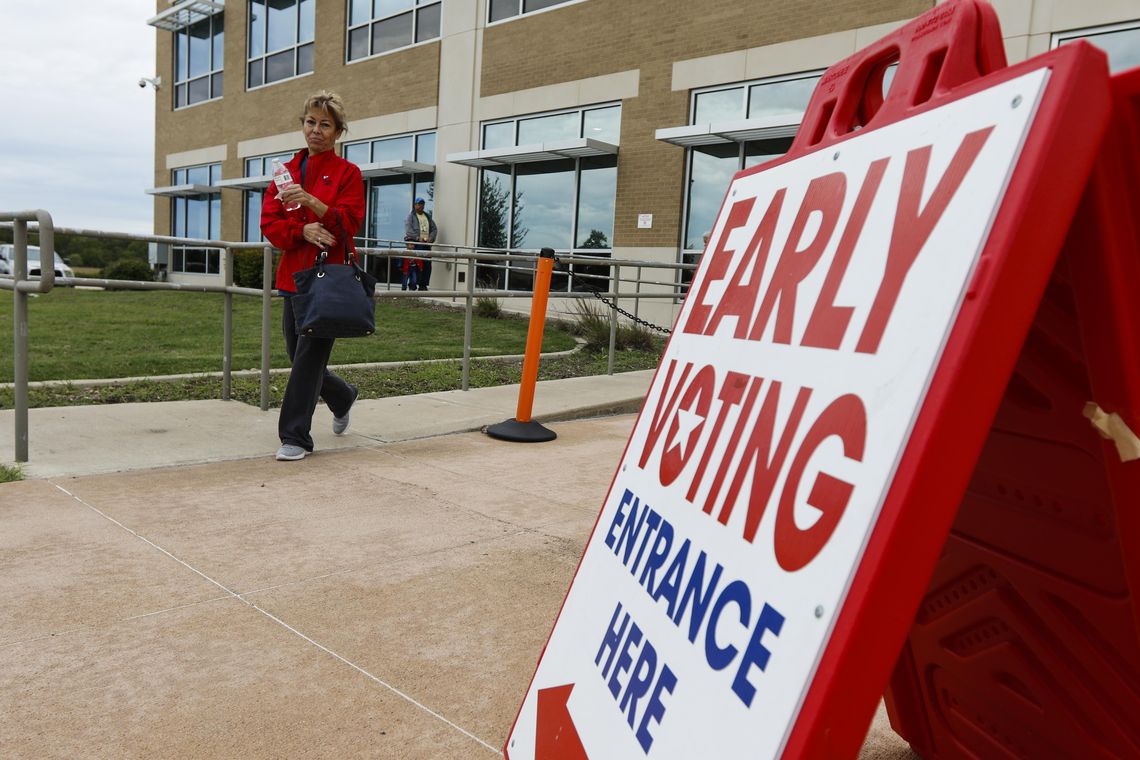Tuesday morning, the Hays County Commissioners Court voted to select Hart InterCivic’s Verity Duo system as the county’s new voting system. Verity Duo is a hybrid system, meaning it includes a paper-ballot verification system. Voters will be able to ensure their choices are correct after reviewing a printed paper ballot, which will, in turn, be scanned into a precinct scanner. The new paper review system will also allow county election officials to have an audit trail.
Precinct 1 Commissioner Debbie Gonzales Ingalsbe, Precinct 2 Commissioner Mark Jones, Precinct 3 Commissioner Lon Shell and Precinct 4 Commissioner Walt Smith voted to select Hart’s system, while County Judge Ruben Becerra voted against Hart.
The selected system will offer a bilingual option to voters, which allows individuals to make their selections in Spanish as well as review their selections with a printed ballot in Spanish.








